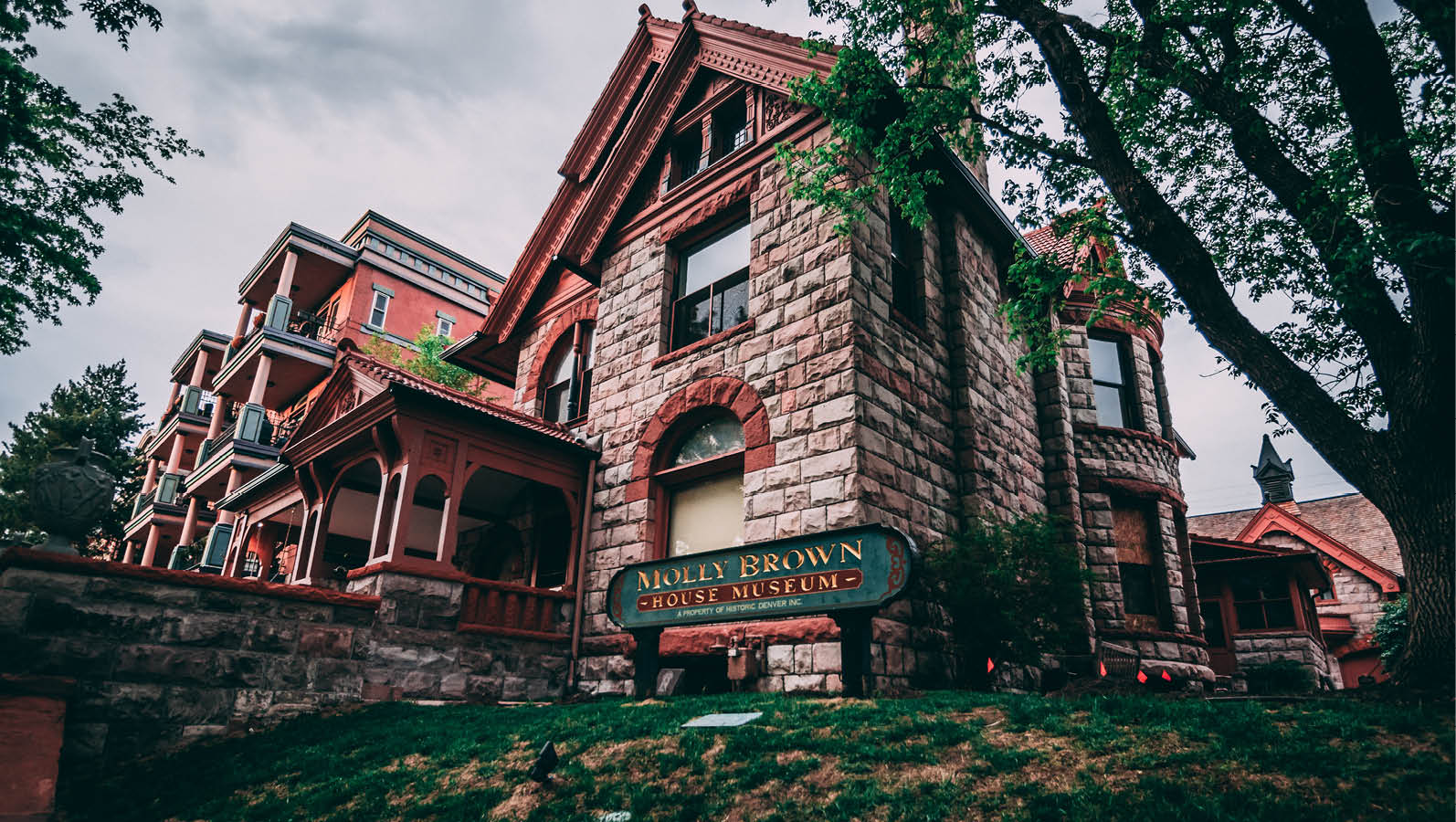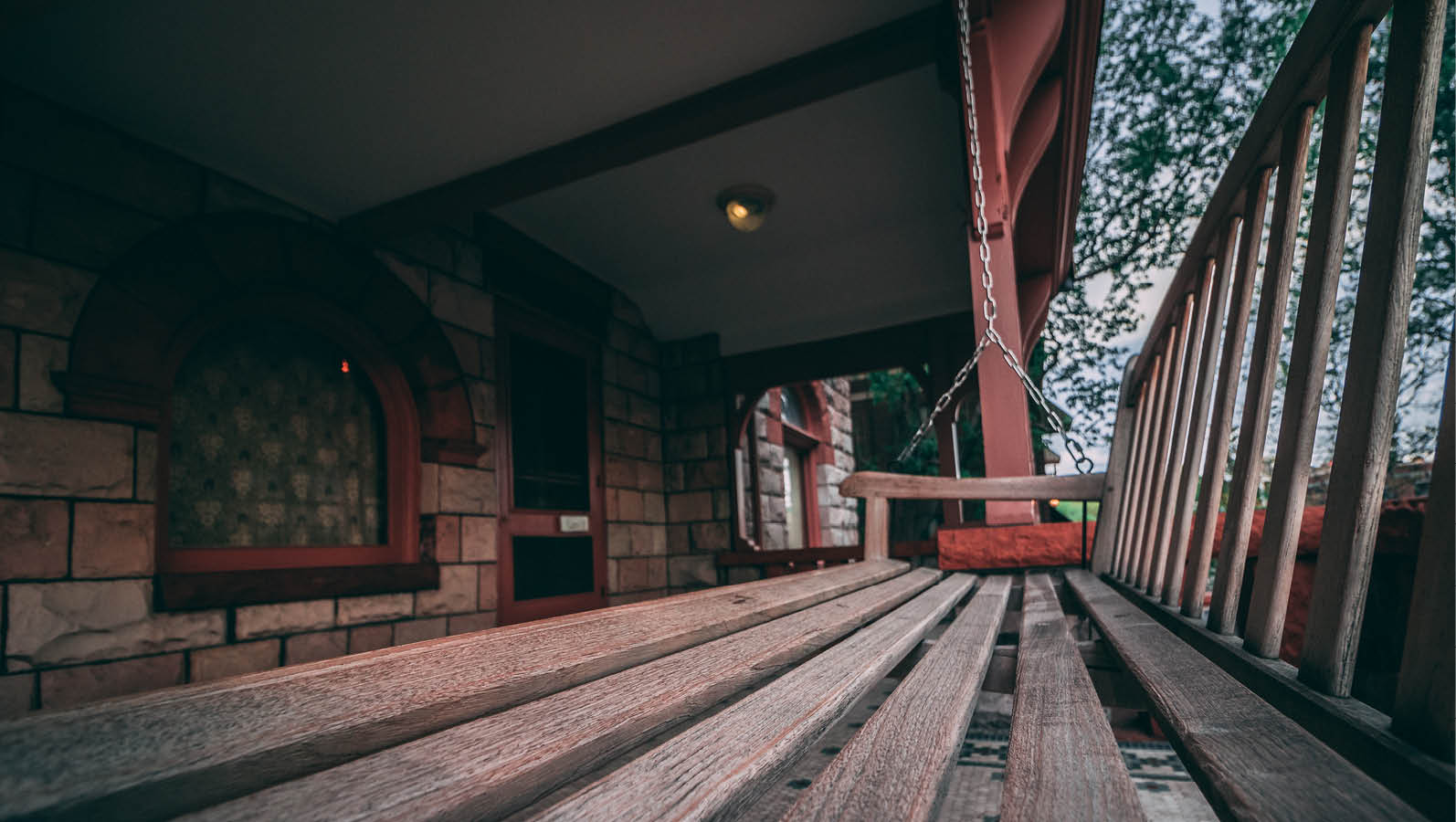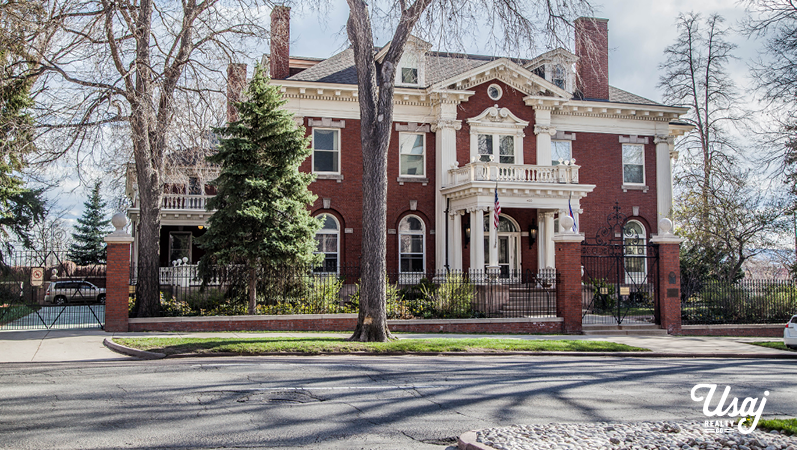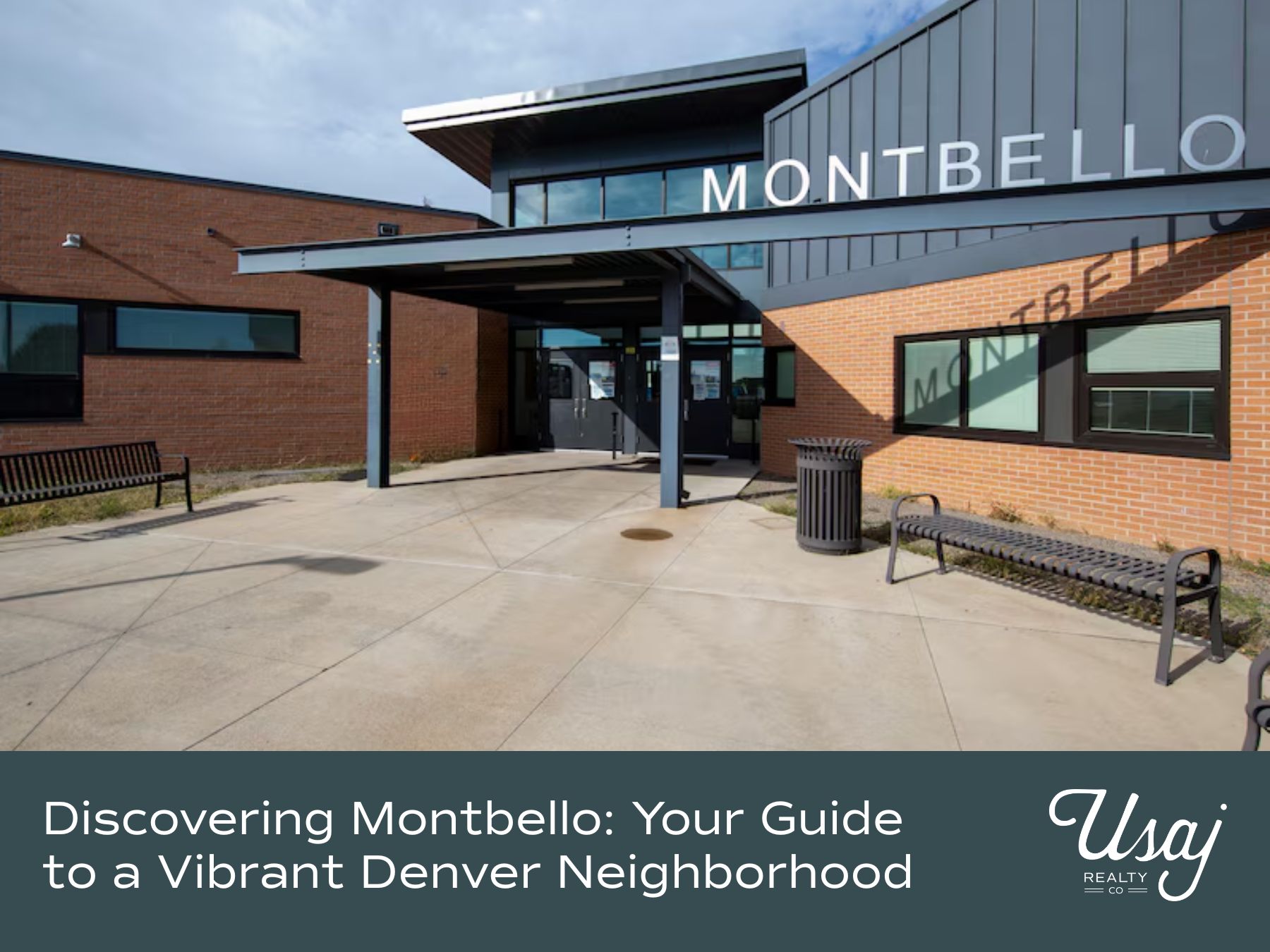Discover the Iconic Architectural Styles of Capitol Hill Denver
Once home to Denver’s elite, Capitol Hill Denver is still one of the most cosmopolitan areas in Denver. When it comes to the architectural styles of the Capitol Hill neighborhood, expect to find eclectic architecture including the famous Denver Foursquare. Capitol Hill was where many say the FourSquare architecture of Denver first originated.
Today, this well-established residential neighborhood southeast of downtown Denver is home to a variety of historic mansions, condos and apartment buildings. Its proximity to the Denver business district makes it a great location for people who want to be close to work.
Some of the oldest single-family homes are found in Capitol Hill, which makes it a popular place to house hunt for “vintage.” Construction on many of the homes standing today began in the 1920s. According to an article by denverlibrary.org, the area was once one of Denver’s wealthiest locations in the Mile High City.
If you’re considering house hunting in this area, you’ll love learning about the area’s history. Consider taking a walking tour to view the Molly Brown House and classic century-old mansions.
Living on Millionaire’s Row
According to the Denver Library, Capitol Hill became the preferred neighborhood of some of the wealthiest residents of Denver. Dubbed “millionaire’s row,” many of the homes sported Italianate and Second Empire architecture. While many people today live in condos and apartments in the neighborhood, the vintage homes provide a sharp contrast and give the area a special charm. Some people point to the neighborhood as representing a microcosm of Denver’s history. Historic Denver offers Capitol Hill walking tours, giving people an opportunity to view some of the spectacular mansions and historic homes that make his neighborhood truly unique.
Governor's Mansion | Built in 1908
Changes Due to Depression-era Economics
In the 1930s, the Capitol Hill neighborhood changed due to Depression-era economics. Many wealthy people moved to new subdivisions as part of the suburban sprawl phenomena. Some of the former mansions became boarding houses or apartments. In the post-World War II era, officials razed large mansions and people moved out of the city to the suburbs. Recently, young professionals and families have warmly embraced the architectural heritage and cultural richness of the area, opting to reside in urban settings such as Capitol Hill.
Embracing the Denver Square
One of the most significant contributions to Denver’s architectural history was the Denver Foursquare. The style was named for the classic floor plan which featured four square rooms on the first floor as well as four square rooms on the top floor. Historians say builders constructed the Denver Square after the 1893 Silver Crash. It was a less ornate style and became a toned-down version of the Colonial Revival Style. While the single story porches once had Tuscan columns, builders eventually switched from wood to masonry materials. In Capitol Hill, some homeowners have turned the porches into sunrooms.
Enjoying the Evolution of Architecture
Through the years, the architecture in Capitol Hill changed along with the times. Simpler styles of architecture emerged including the the Classic Cottage or cottage home. Just like the Denver Square, the Cottage home has a central dormer.

Although many of the elaborate mansions were scraped in the mid-20th century, a number of the historic structures now enjoy historic designation on the National Register of Historic Places. Over 50 Capitol Hill residences and buildings have been preserved through diligent efforts to honor Denver’s history. The Capitol Hill United Neighbors has led some of the presevation movement for this historic neighborhood, establishing many landmarks including the Molly Brown House (13th and Pennsylvania).

At Usaj Realty, we are a boutique real estate brokerage firm specializing in Denver’s most popular neighborhoods. We help our clients find vintage homes as well as modern condos. For more information about buying or selling a home in Denver’s amazing Capitol Hill, please contact us.
(Editor’s note: This blog was originally published in March of 2018. It has been edited to reflect up-to-date information).





